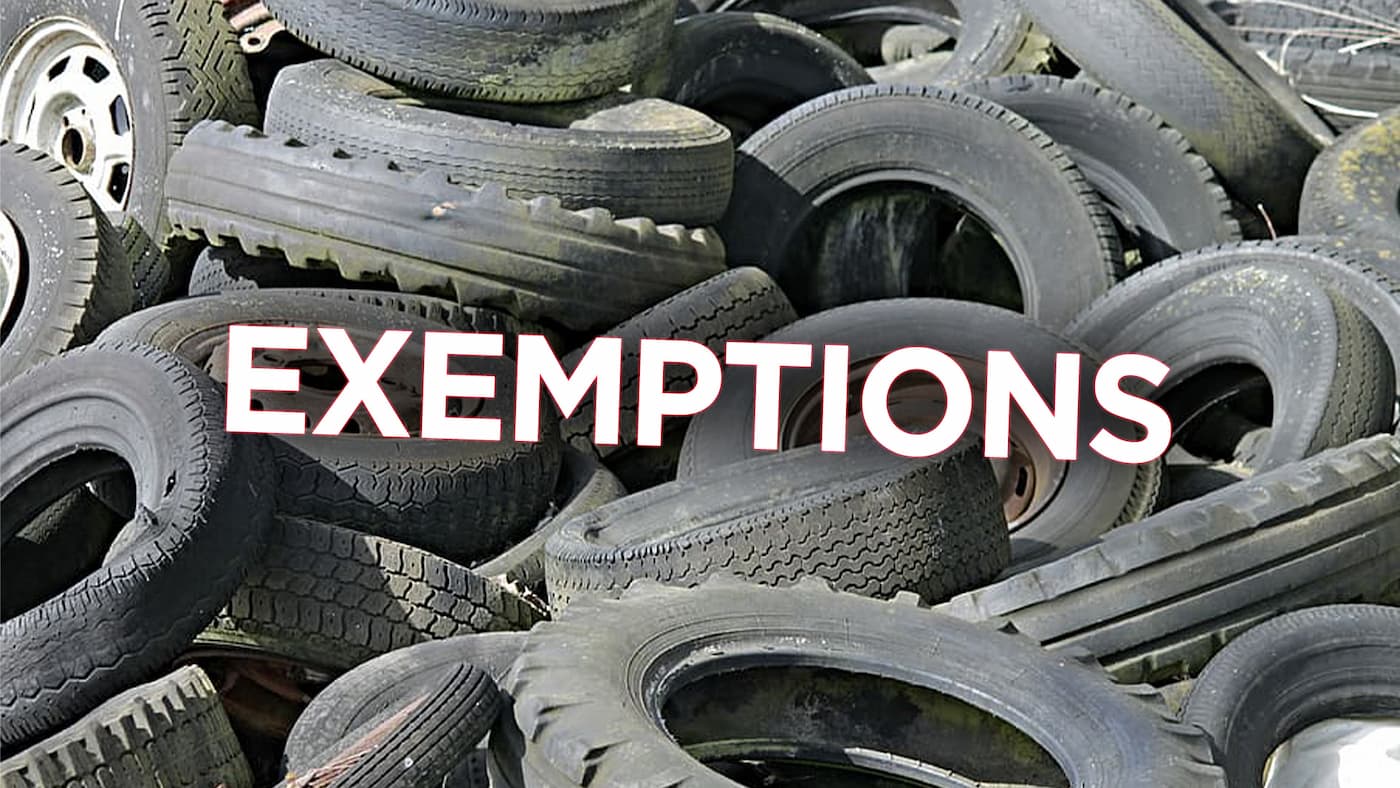Background
In January 2018 Defra and the Welsh Government published a consultation on proposals to tackle crime and poor performance in the waste sector and introduce a new fixed penalty for waste duty of care offences.
This consultation covered the standard of operator competence at permitted waste sites, and the use of exemptions within the environmental permitting regime and looked at introducing a fixed penalty notice for breaches of the household waste duty of care. This article looks specifically at the changes to the exemptions regime.
The changes
Exemptions from The Environmental Permitting (England and Wales) Regulations 2016 have in the past provided a system where low-risk waste activities can take place with a simple registration to the Environment Agency and compliance with the criteria set out in the corresponding exemption. This negates the need for operators of low-risk waste activities to hold an environmental permit and the bureaucracy that goes with it. The review was commissioned to reduce the risk of illegal activity through the abuse of the existing regime while still protecting people and the environment. The following link sets out the full summary of changes.
https://www.gov.uk/government/consultations/reducing-crime-at-sites-handling-waste-and-introducing-fixed-penalties-for-waste-duty-of-care/outcome/supplementary-government-response#background
The most important change to be noted is the complete removal of three exemptions:
- U16 – Use of depolluted ELVs for parts
- T8 – Mechanically treating end-of-life tyres
- T9 – Recovery of scrap metal
These will all be removed and anyone wishing to continue operating will be required to apply for an environmental permit. A further seven exemptions will have changes to the conditions.
The review also removed the entitlement to use exemptions at environmentally permitted sites or at sites adjacent to permitted sites where there is a connection. This is with the intention of preventing an increase in waste types and storage volumes at those sites and therefore increasing the risk profile of that site.
The changes also limit the number of exemptions that can be registered at any one site, again to control waste types and volumes stored. The changes will ensure better record keeping and will require information, such as the specific waste types handled under the exempt activity and details of waste throughputs, to be recorded and produced to the regulator when required.
Time frame
These changes to The Environmental Permitting Regulations are expected in April 2024. With the immediate effect of this date sites with registered exemptions must keep records demonstrating their compliance. Within six months of the changes any permitted sites that want to continue to accept waste which they were currently accepting with the benefit of an exemption will need to vary their permit. Sites operating with any of the three exemptions that are going to be removed will have three months from April 2024 in which to be operating under a permit or at least have applied for one. The transitional provisions prioritise the changes based on environmental risk and the need to enhance the regulator’s ability to exercise appropriate controls.
Any additional or new charges for exemptions will be subject to further consultation by the regulators.
FAQs can be found following the link below.
https://wasteexemptions.service.gov.uk/Getting_ready_for_change
 Request a booking
Request a booking
 01202 620077
01202 620077
